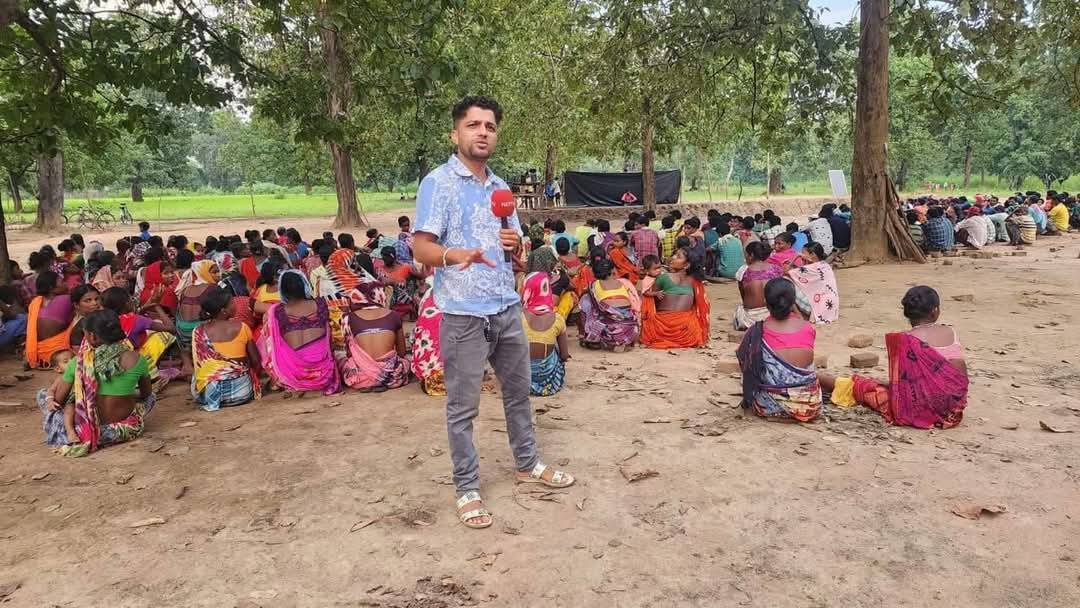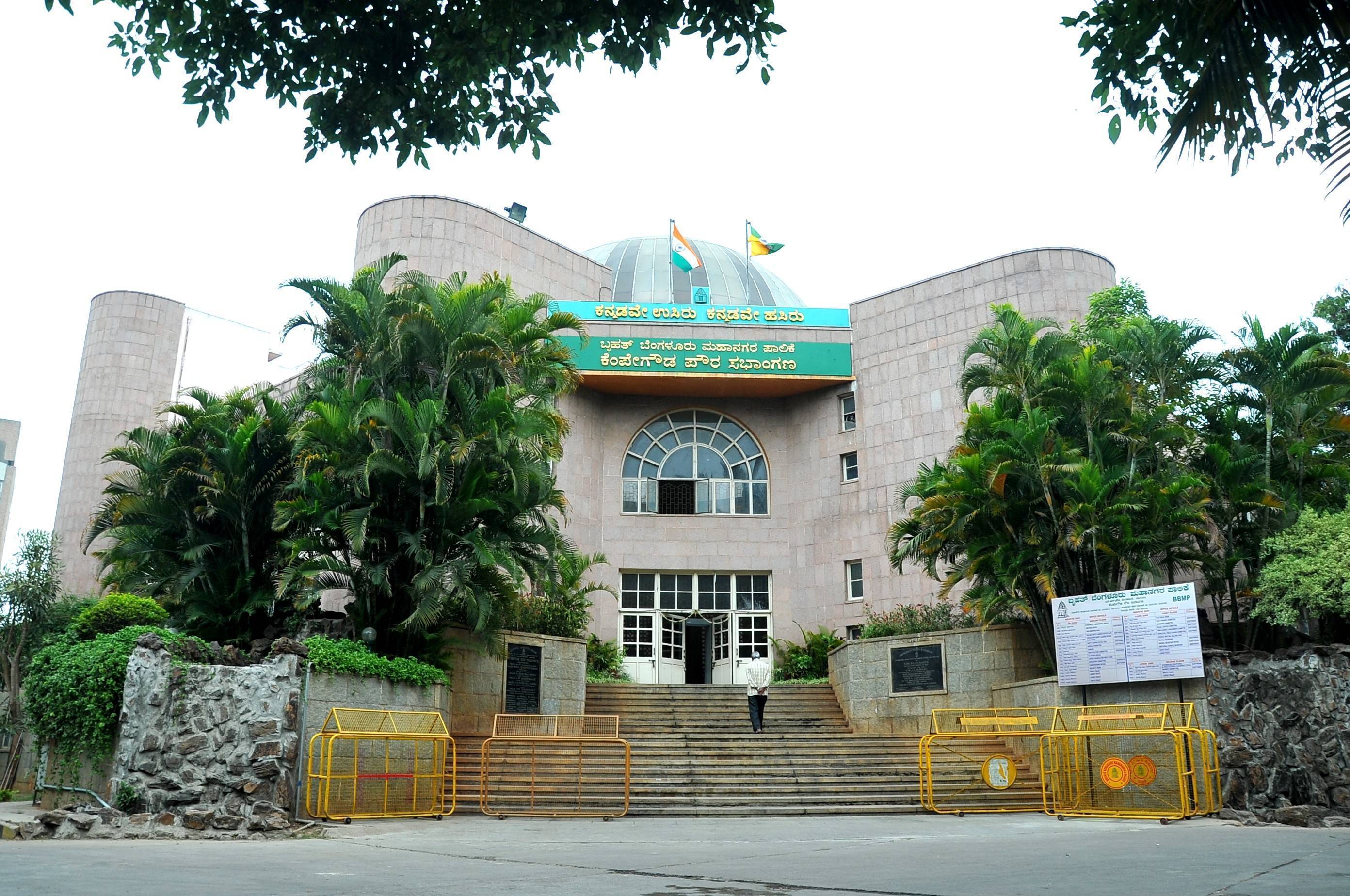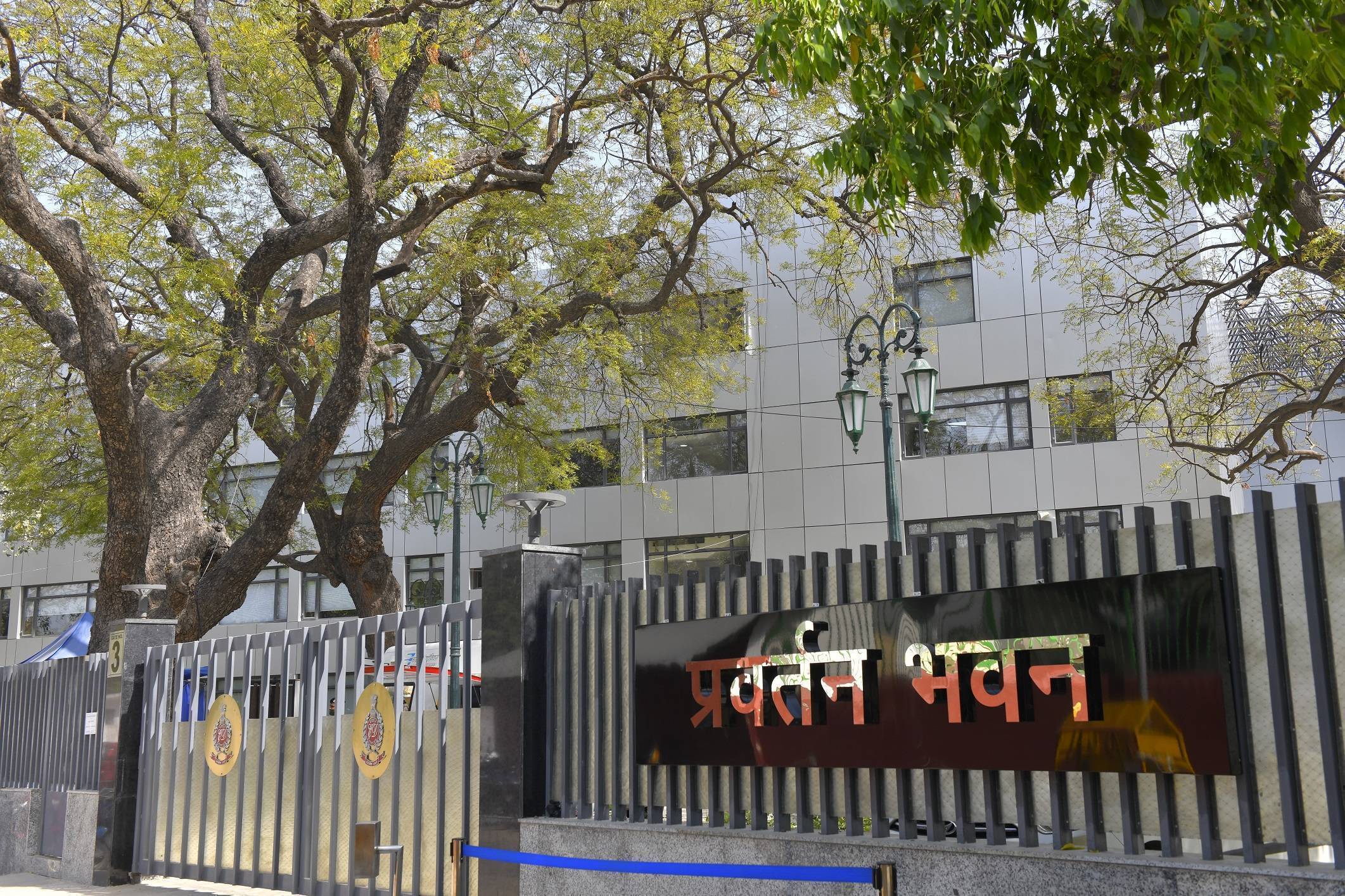Journalist Mukesh Chandrakar’s murder in Chhattisgarh has highlighted serious concerns about the safety of reporters working in remote areas. Mukesh, an independent journalist and contributor to NDTV, was found dead in a septic tank last week in the Bastar region. The incident has shocked many, bringing attention to the challenges faced by investigative journalists in India.
The main accused, Suresh Chandrakar, a Congress leader, was arrested in Hyderabad on Sunday. A contractor and distant relative of Mukesh, Suresh had been evading arrest since the crime was reported. Mukesh had uncovered irregularities and corruption involving Suresh in a ₹120-crore road construction project in Bastar.
Police tracked him down by analyzing footage from 200 CCTV cameras and tracing 300 mobile phone numbers. He was found hiding at his driver’s house. Following his arrest, the police froze four bank accounts associated with him and demolished an illegally constructed yard owned by him. His wife was also taken into custody in Kanker district for questioning.
Mukesh Chandrakar, 32, was last seen leaving his home in Bijapur on New Year’s Day. When he did not return, his brother filed a missing person complaint on January 2. During the investigation, police discovered Mukesh’s body in a septic tank near his residence. The post-mortem report revealed that he had sustained injuries on his head, chest, back, and stomach, caused by a heavy object. A tattoo on his hand helped identify his body.
Three others, including Mukesh’s cousin Ritesh Chandrakar, supervisor Mahendra Ramteke, and another relative, Dinesh Chandrakar, have also been arrested. Preliminary investigations suggest that an argument during dinner led to the murder. Ritesh and Mahendra allegedly attacked Mukesh with an iron rod, killing him. They then hid his body in a septic tank, sealed it with cement, and disposed of his phone and the murder weapon. Dinesh is believed to have overseen the process of sealing the tank, while Suresh is suspected to have planned the entire act.
Mukesh’s murder has drawn sharp reactions from various quarters. Deputy Chief Minister Vijay Sharma described the crime as unacceptable and assured strong action against those responsible. Journalistic organizations such as the Editors Guild of India and the Press Association have condemned the incident, emphasizing the need for stronger protections for reporters.
The Editors Guild called for a thorough investigation and stressed the importance of ensuring the safety of journalists working in smaller towns and rural areas. They urged authorities to take all necessary steps to protect journalists from harm while they carry out their duties. The Press Association echoed similar concerns, stating that the incident underlined the risks faced by journalists, particularly those involved in field reporting and investigative work.
This case has raised broader questions about the environment in which journalists operate. Mukesh’s death is not an isolated incident but part of a pattern of risks faced by reporters in areas with limited institutional support. His murder has led to calls for systemic changes to ensure the safety of media professionals, especially those reporting on sensitive issues.
As the investigation continues, authorities have promised to bring all those involved to justice. The case serves as a reminder of the challenges faced by journalists in their pursuit of truth and the importance of creating conditions that allow them to work without fear. Mukesh Chandrakar’s death is a loss not only to his family but also to the journalism community and the larger public that relies on their work.









